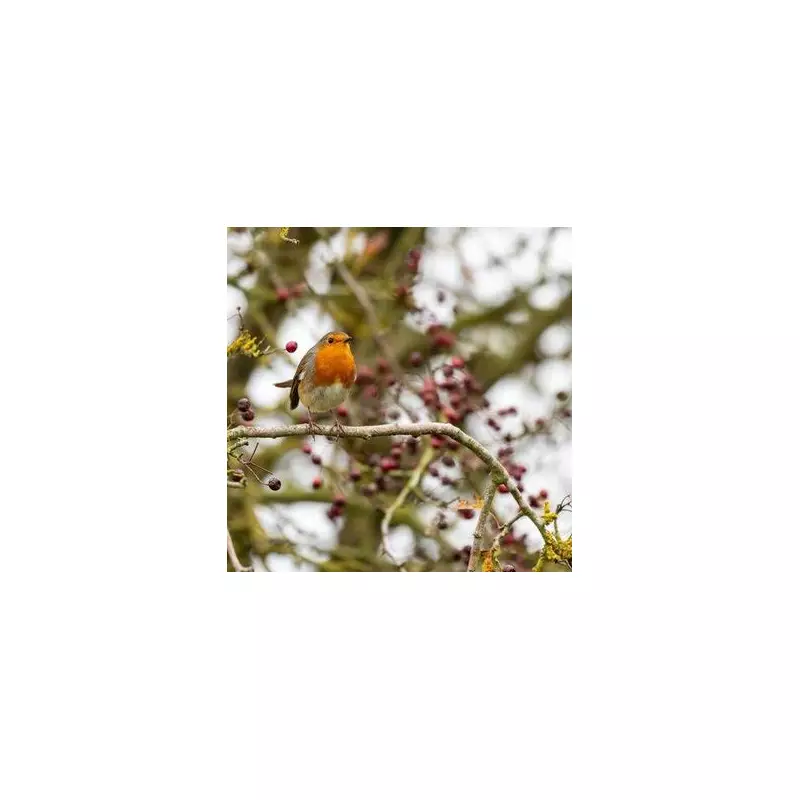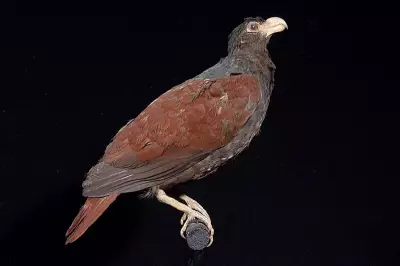
As the winter chill sets in across the UK, the sight of a robin's bright red breast against the stark landscape becomes a cherished one. Contrary to popular belief, these iconic birds do not typically migrate and remain in British gardens throughout the year.
The Secret Food Robins Love
For garden enthusiasts eager to welcome these feathered visitors, the Royal Society for the Protection of Birds (RSPB) has a key recommendation. While setting up bird feeders is the essential first step, the specific food you offer makes a significant difference.
Mealworms are a particular favourite for robins. These are not only popular with the red-breasted birds but also attract other insect-eating species such as blue tits and pied wagtails.
How to Feed Garden Birds Effectively
Placement of your feeder is crucial for attracting birds. The RSPB advises choosing a quiet area where the birds will not be disturbed. It should be a safe spot, not too close to bushes where predators could hide.
Birds also prefer a location that offers a panoramic view while they feed and provides shelter from strong winds. For your own enjoyment, ensure the feeder is positioned so you can easily watch the activity from inside your home.
Consistency is vital, especially during the harsh autumn and winter months. The RSPB stresses the importance of feeding birds regularly, as harsh weather can be tough on them. In extreme conditions, they may even require feeding twice daily with high-energy, high-fat foods.
Essential Bird Feeding Guidelines
It is important to adjust the amount of food you provide based on demand to prevent uneaten food from accumulating. Once you start a feeding routine, try to maintain it, as the birds will quickly come to rely on your garden as a food source.
Dried mealworms can be used year-round if stored in a cool, dry place. They can be placed in a suitable feeder or scattered on the ground, which will also attract blackbirds, starlings, wrens, and song thrushes.
Another excellent winter food is the humble suet ball, also available from the RSPB. These fat-based foods are perfect for helping birds build up the energy reserves they need to stay warm.
Bird feeding needs change with the seasons. During warmer months, birds require high-protein foods, especially when moulting. The RSPB cautions against offering peanuts, fat, and bread in spring and summer. If you do use peanuts, rigid mesh feeders are recommended to prevent birds from taking large, potentially choking, pieces.
Finally, while homemade fat balls can melt in the sun and should be avoided in hotter weather, the RSPB's own products are specifically designed to resist melting, ensuring safe feeding all year.





